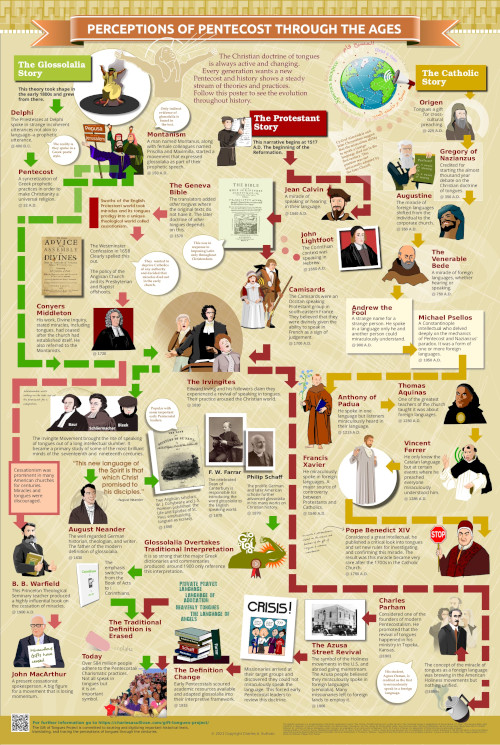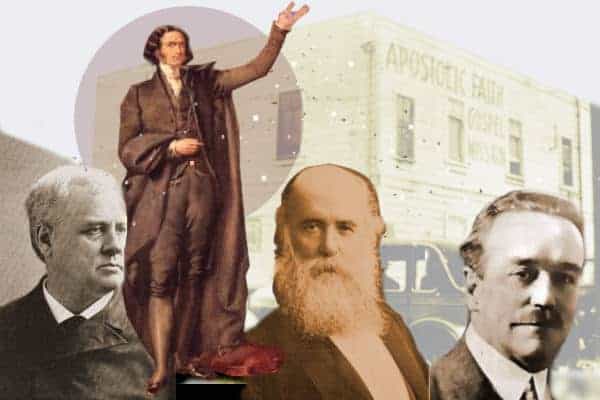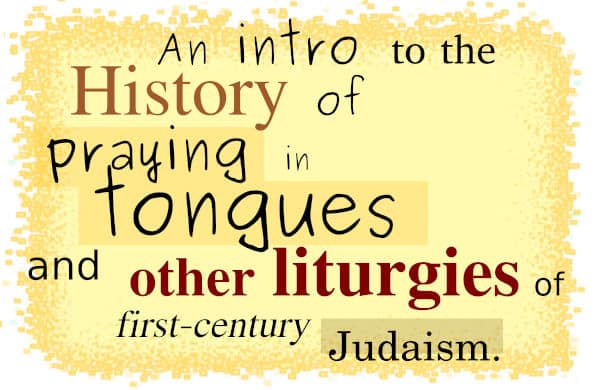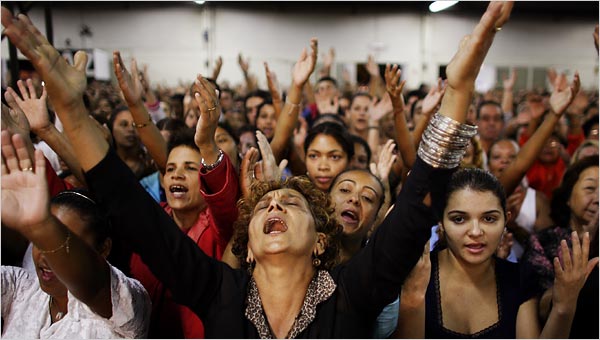The myth or reality of Hildegard of Bingen speaking in tongues.
Hildegard of Bingen was a remarkable twelfth-century German abbess–a rock star in her time. She even invented a primitive language for her convent. Was it glossolalia, speaking in tongues, singing in tongues, or jubilation?
She is a figure whom some academic Pentecostal whisper support. They allude that Hildegard was part of a tradition passed to them.
An examination reveals that her speaking or singing in tongues or similar rites is a myth. It has nothing to do with ecstasy and everything about her intellectual creativity. She did invent a primitive language, but it was not glossolalia.
Of course, readers of the Gift of Tongues Project won’t accept such a brief explanation. A more detailed description follows.





